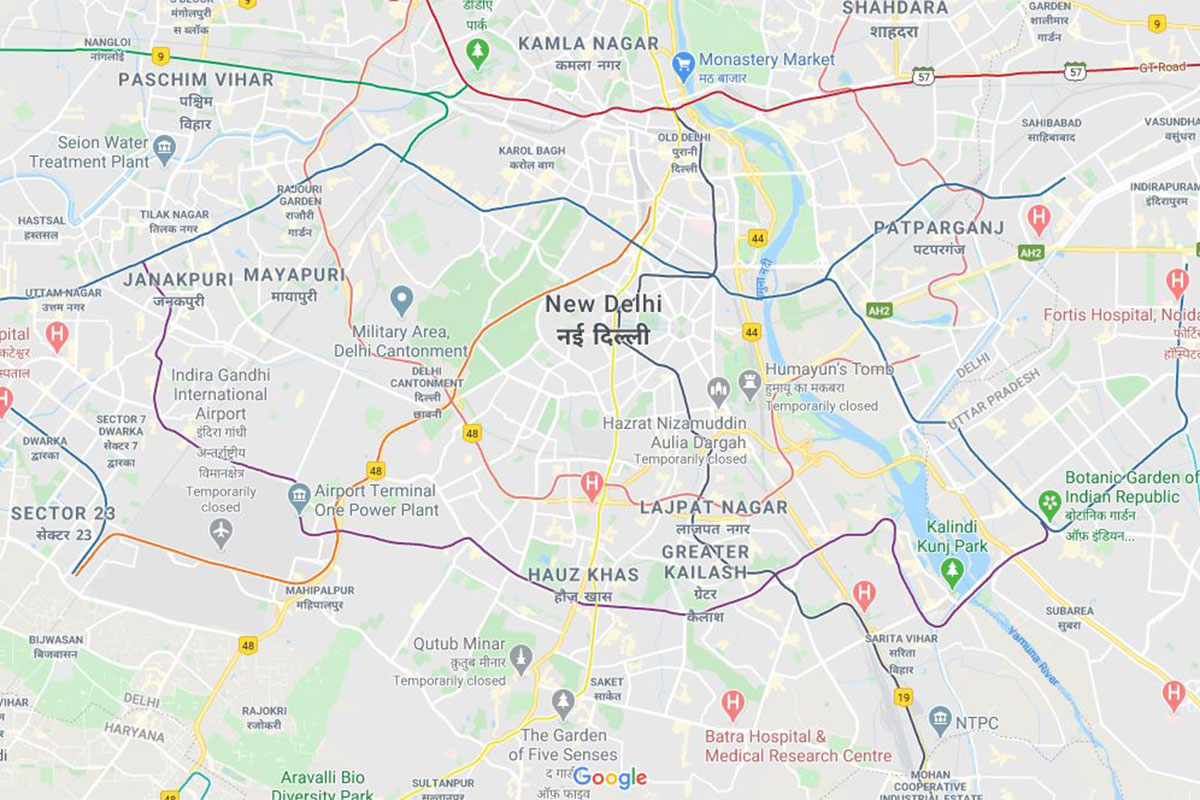Kerala: Car navigating with the help of Google Maps plunges in canal
Police with the help of locals rescued the passengers, who were from Hyderabad.
The community mobility reports are now available for 131 countries, including India.

The report will show trends over several weeks, with the most recent information representing 48-to-72 hours prior. (Photo: SNS)
Google Maps will help public health officials use its vast data to track people’s movements amid the coronavirus pandemic in order to decrease movement across high-level categories of places — such as retail and recreation, groceries and pharmacies, parks, transit stations, workplaces and residential areas.
Health officials will be able to go to the ‘COVID-19 Community Mobility Reports’ website, pick their country and download a PDF that charts the community movements.
Advertisement
The initiative, introduced by the company late Thursday, uses a portion of the information that the search giant has collected on users, including through Google Maps, to create reports on the degree to which locales are abiding by social-distancing measures.
Advertisement
The community mobility reports are now available for 131 countries, including India.
“Just like how people can use Google Maps to identify when a local business tends to be the most crowded, we’re using the same aggregated, anonymized data to provide high-level insights into what has changed,” the company said in a statement late Thursday.
“We have heard from public health officials that this same type of aggregated, anonymized data could be helpful as they make critical decisions to combat COVID-19,” Jen Fitzpatrick, Senior Vice President, Google Maps, said in a blog post.
“We’re publishing an early release of our COVID-19 Community Mobility Reports to provide insights into what has changed in response to work from home, shelter in place, and other policies aimed at flattening the curve of this pandemic,” he added.
The report will show trends over several weeks, with the most recent information representing 48-to-72 hours prior. “While we display a percentage point increase or decrease in visits, we do not share the absolute number of visits,” the company said.
In the coming weeks, the company will work to add additional countries and regions to ensure these reports remain helpful to public health officials across the globe looking to protect people from the spread of COVID-19.
This information could help officials understand changes in essential trips that can shape recommendations on business hours or inform delivery service offerings.
Similarly, persistent visits to transportation hubs might indicate the need to add additional buses or trains in order to allow people who need to travel room to spread out for social distancing.
Advertisement